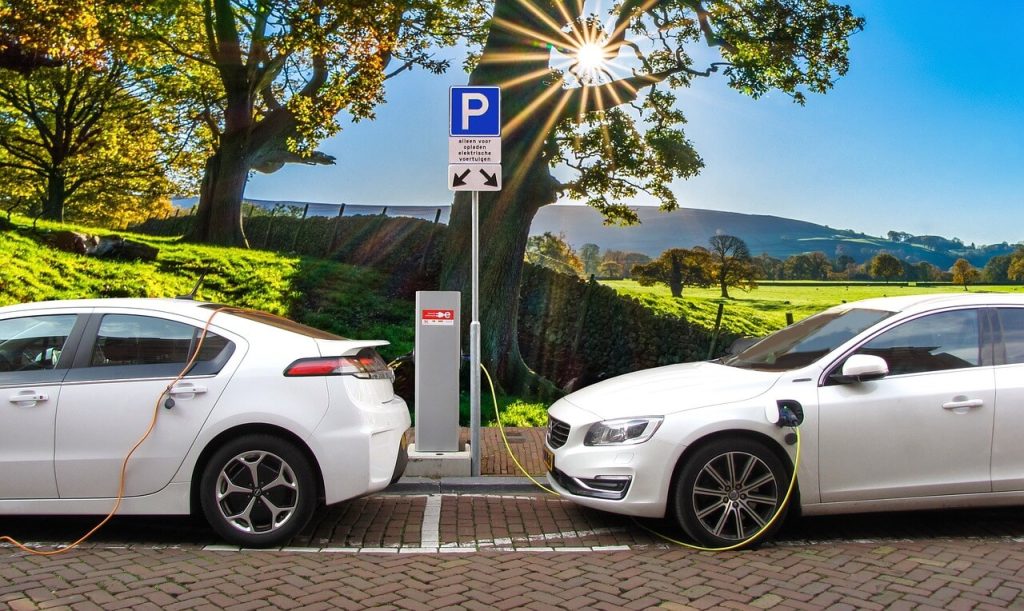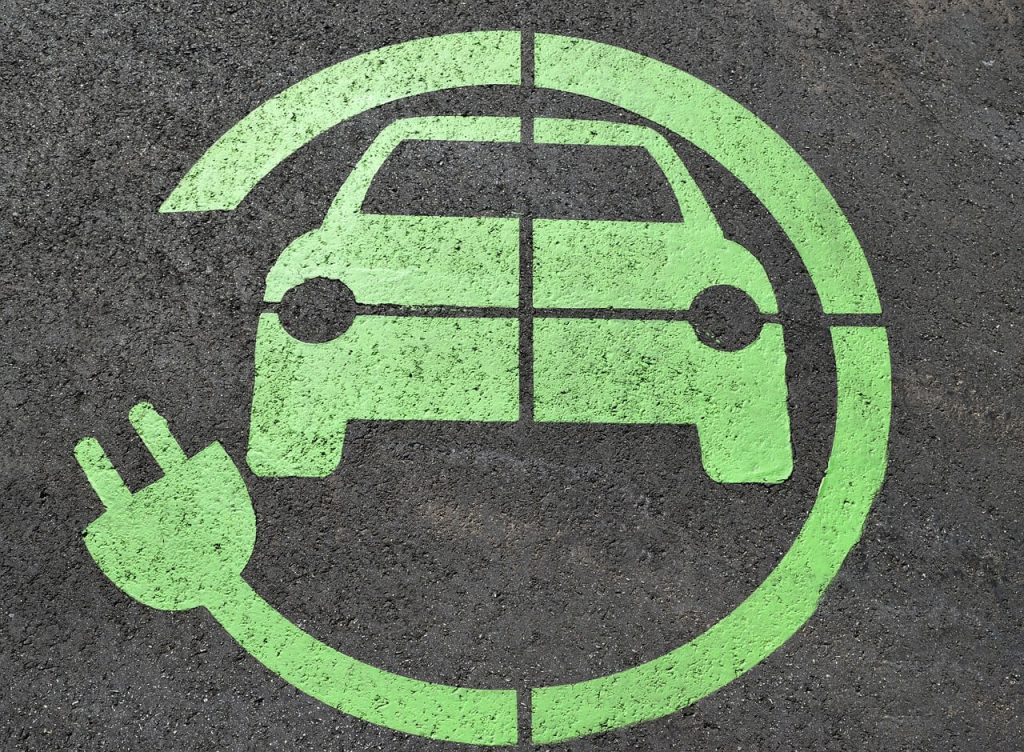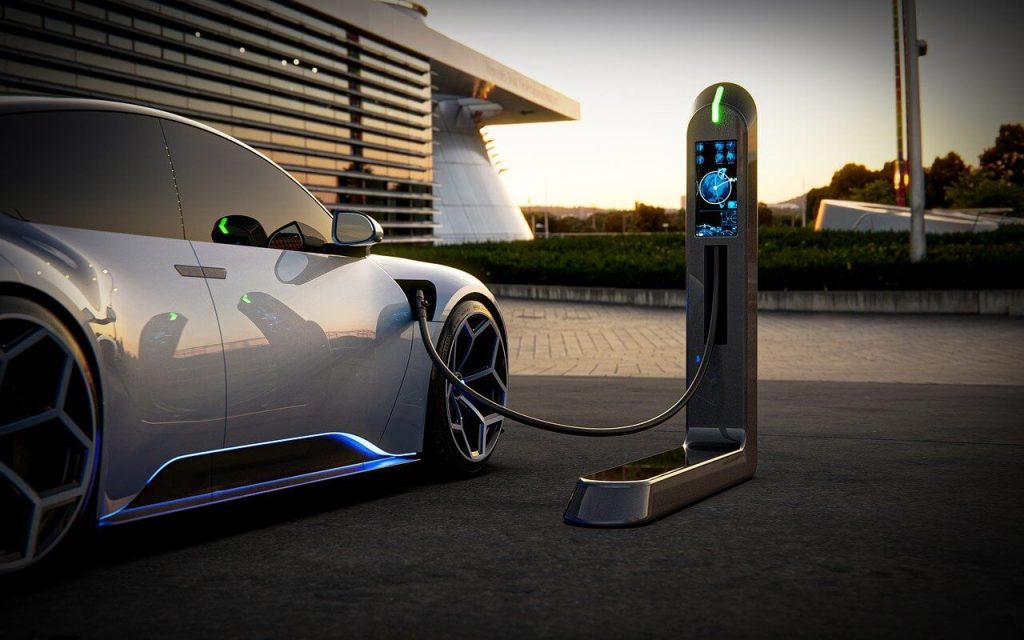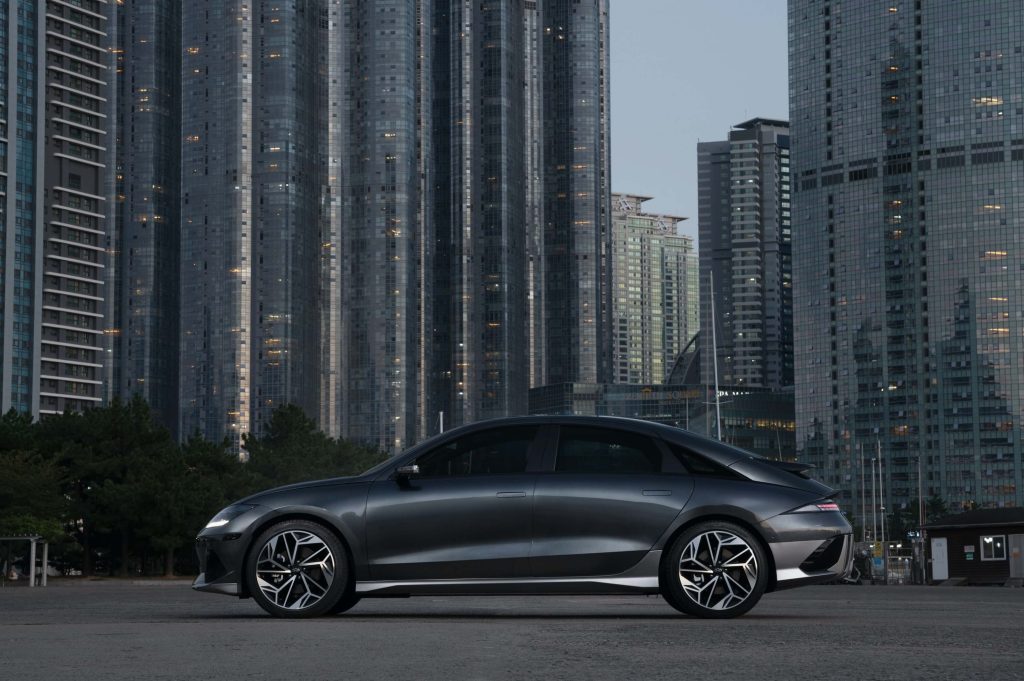How Much Does an Electric Car Battery Cost?
Table of Contents
ToggleIntroduction
Electric vehicles (EVs) have gained significant popularity in recent years as a greener and more sustainable mode of transportation. One of the crucial components of an electric car is its battery, which powers the vehicle. However, many prospective EV owners have concerns about the cost of electric car batteries. In this article, we will explore the factors that influence the cost of electric car batteries, discuss the average prices, and highlight the benefits of investing in an electric vehicle.
As the world continues to embrace sustainable transportation options, electric cars have gained immense popularity. However, one common concern for potential electric vehicle (EV) owners is the cost of the car battery. In this comprehensive guide, we will delve into the factors that influence the price of electric car batteries and provide you with a better understanding of how much an electric car battery typically costs. So, let’s explore the realm of electric vehicle batteries and discover the financial aspects involved
Understanding Electric Car Batteries
Electric car batteries are rechargeable energy storage devices that power electric vehicles. These batteries are typically made up of lithium-ion cells and are responsible for storing and supplying the energy required to drive the car. The capacity and performance of the battery play a crucial role in determining the range and efficiency of an electric vehicle.
Electric car batteries are the heart and soul of electric vehicles, serving as their power source. These advanced batteries store electrical energy that propels the vehicle and ensures its smooth operation. The evolution of electric car batteries has significantly contributed to the widespread adoption of electric vehicles, as they offer improved range, performance, and reliability. However, due to their complexity and the materials involved, electric car batteries come at a cost.

Factors Affecting Electric Car Battery Cost
Several factors influence the cost of an electric car battery. Understanding these factors can help you make an informed decision when considering the purchase of an electric vehicle or a replacement battery. Here are the key elements that affect the price of electric car batteries:
1. Battery Capacity
The capacity of an electric car battery, measured in kilowatt-hours (kWh), directly affects its cost. Batteries with higher capacities generally have a higher price tag due to the increased materials required for manufacturing.
2. Technology and Chemistry
Different battery technologies and chemistries exist in the market, each with its pros and cons. The choice of technology and chemistry impacts the cost of the battery. Advanced battery technologies might offer better performance but can come at a higher cost.
3. Scale of Production
The scale of production also plays a role in the cost of electric car batteries. Mass production allows manufacturers to achieve economies of scale, leading to lower prices. As the demand for electric vehicles continues to rise, it is expected that battery costs will decrease further.
4. Raw Material Costs
The cost of raw materials, such as lithium, cobalt, nickel, and graphite, directly affects the overall price of electric car batteries. Fluctuations in the availability and prices of these materials can impact the cost of manufacturing.
Average Cost of Electric Car Batteries
The cost of electric car batteries has been declining over the years due to technological advancements and increased production. However, it is important to note that battery costs vary depending on the vehicle model, battery capacity, and manufacturer. On average, electric car batteries can range from $8,000 to $22,000 or more, depending on these factors.

Trends in Electric Car Battery Prices
Over the past decade, electric car battery prices have been steadily decreasing. According to industry reports, the average cost per kilowatt-hour has dropped significantly. In 2010, the cost was around $1,100 per kWh, whereas in 2020, it had fallen to approximately $137 per kWh. This trend indicates that electric car batteries are becoming more affordable, making electric vehicles a viable option for a broader range of consumers
Benefits of Electric Car Batteries
Investing in an electric vehicle with a high-quality battery offers numerous benefits:
1. Environmental Impacte
Electric vehicles produce lower or zero emissions compared to traditional gasoline-powered vehicles. By choosing an electric car, you contribute to reducing greenhouse gas emissions and air pollution, promoting a cleaner and healthier environment
2. Cost Savings
While the upfront cost of electric car batteries may be higher than that of traditional vehicles, electric cars offer long-term cost savings. Electric vehicles have lower maintenance and operating costs, as they require fewer fluids, have fewer moving parts, and don’t need regular oil changes. Additionally, electricity is generally cheaper than gasoline, resulting in reduced fuel expenses.
3. Energy Independence
Electric vehicles provide an opportunity for energy independence. With renewable energy sources becoming more prevalent, EV owners can charge their cars using clean energy, reducing their reliance on fossil fuels and contributing to a sustainable energy future
4. Government Incentives
Many governments around the world offer incentives and subsidies to promote the adoption of electric vehicles. These incentives can include tax credits, rebates, and grants, making electric car ownership more financially attractive.
Tips for Extending Electric Car Battery Life
To maximize the lifespan of an electric car battery and maintain its performance, consider the following tips:
1. Avoid Extreme Temperatures
Extreme hot or cold temperatures can impact the efficiency and longevity of electric car batteries. Whenever possible, park your electric vehicle in a shaded area or a garage to protect the battery from extreme temperature fluctuations.
2. Optimize Charging Habits
Follow the manufacturer’s recommendations for charging your electric car. Avoid frequently charging the battery to its maximum capacity or letting it drain completely. Optimal charging habits can help prolong the battery life.
3. Regenerative Braking
Take advantage of regenerative braking, a feature common in electric vehicles. Regenerative braking allows the battery to recharge while the car decelerates or brakes, improving overall efficiency and extending the battery range.
4. Regular Maintenance
Schedule regular maintenance for your electric vehicle, including battery inspections and software updates. Maintaining your car according to the manufacturer’s guidelines can help identify and address any potential issues early on.
Types of Hybrid Car Batteries
Hybrid car batteries come in various types, with the two most common being Nickel-Metal Hydride (NiMH) batteries and Lithium-Ion (Li-Ion) batteries. NiMH batteries are the older technology and have been used in hybrid cars for several years. On the other hand, Li-Ion batteries are more advanced and offer better power-to-weight ratios and energy storage capabilities.
Average Cost of Hybrid Car Batteries
The cost of a hybrid car battery varies depending on the make and model of the vehicle. On average, the price range for a replacement battery can range from $1,000 to $6,000 or more. Factors such as the battery type, capacity, and manufacturer contribute to the price variability. It is essential to research and compare prices from different sources, such as dealerships, independent repair shops, and online retailers, to find the best deal.
Replacing a Hybrid Car Battery
Knowing the signs of a failing hybrid car battery is crucial for timely replacement. Diminished fuel efficiency, reduced electric motor power, and dashboard warning lights are indicators that the battery may need to be replaced. When it comes to battery replacement, it is recommended to seek professional assistance from
certified technicians or authorized dealerships. They have the expertise and knowledge to properly diagnose and replace the battery. The replacement process involves disconnecting the old battery, safely disposing of it, and installing a new one. It is important to follow the manufacturer’s guidelines and recommendations during this process to ensure the battery is installed correctly.
Battery Recycling and Environmental Impact
With the increasing popularity of hybrid cars, battery recycling has become a critical environmental concern. Hybrid car batteries contain valuable and potentially hazardous materials such as nickel, cobalt, and lithium. Proper disposal and recycling of these batteries are essential to minimize environmental impact and promote sustainability. Many manufacturers and authorized dealerships have recycling programs in place to ensure the safe and eco-friendly disposal of hybrid car batteries.
Future Outlook for Electric Car Batteries
The future of electric car batteries looks promising. Ongoing research and development efforts aim to enhance battery performance, increase energy density, and reduce costs. As technology advances, we can expect to see even more efficient and affordable electric car batteries, further accelerating the adoption of electric vehicles worldwide.
Conclusion
The cost of electric car batteries is influenced by various factors such as battery capacity, technology, production scale, and raw material costs. While the upfront cost may seem higher compared to traditional vehicles, the long-term benefits, including environmental impact, cost savings, energy independence, and government incentives, make electric vehicles a compelling choice. By following tips for extending battery life and considering ongoing advancements in battery technology, electric vehicles are poised to play a significant role in the future of transportation.
FAQs (Frequently Asked Questions)
1. Can I replace an electric car battery?
Yes, electric car batteries can be replaced. However, it is important to consult with the vehicle manufacturer or a certified technician to ensure proper installation and compatibility.
2. How long do electric car batteries last?
The lifespan of electric car batteries can vary depending on usage, charging habits, and environmental factors. On average, most electric car batteries are designed to last 8 to 15 years.
3. Are electric car batteries recyclable?
Yes, electric car batteries are recyclable. Recycling programs exist to recover valuable materials from used batteries and reduce environmental impact.
4. Do electric car batteries degrade over time?
Yes, like any other battery, electric car batteries degrade over time. However, advancements in battery technology aim to minimize degradation and improve overall lifespan.
5. Can I upgrade the battery capacity of my electric car?
Upgrading the battery capacity of an electric car is possible in some cases, but it depends on the vehicle’s design and compatibility. It’s recommended to consult with the manufacturer or a professional to determine if an upgrade is feasible.
6. Are electric car batteries safe?
Electric car batteries undergo rigorous testing and safety measures to ensure their reliability and minimize risks. However, like any energy storage system, there are safety considerations. Electric vehicles are designed with safety features to protect against common risks and incidents.
7. How long does it take to charge an electric car battery?
Charging times for electric car batteries vary depending on factors such as the battery capacity, charging infrastructure, and the charging method used. Charging can range from a few minutes at fast-charging stations to several hours when using standard home charging outlets.
8. Are electric car batteries covered under warranty?
Yes, most electric car manufacturers offer warranties that cover the battery for a certain period or mileage. Warranty terms can vary, so it’s important to review the specific details provided by the manufacturer.
9. Are there any alternatives to lithium-ion batteries for electric cars?
While lithium-ion batteries are currently the most commonly used type in electric vehicles, ongoing research explores alternative battery chemistries. These alternatives include solid-state batteries, lithium-sulfur batteries, and hydrogen fuel cells, which offer potential improvements in energy density, cost, and safety.
10. How long does a hybrid car battery typically last
Hybrid car batteries can last anywhere from 8 to 15 years, depending on various factors such as usage patterns, driving conditions, and maintenance practices.
11. Are hybrid car batteries expensive to replace?
The cost of replacing a hybrid car battery can vary depending on the make, model, and type of battery. On average, the price range can be between $2,000 and $7,000 or more.
12. What should I do with my old hybrid car battery?
It is important to properly dispose of and recycle hybrid car batteries to minimize environmental impact. Many manufacturers and authorized dealerships have recycling programs in place to ensure safe and eco-friendly battery disposal.



